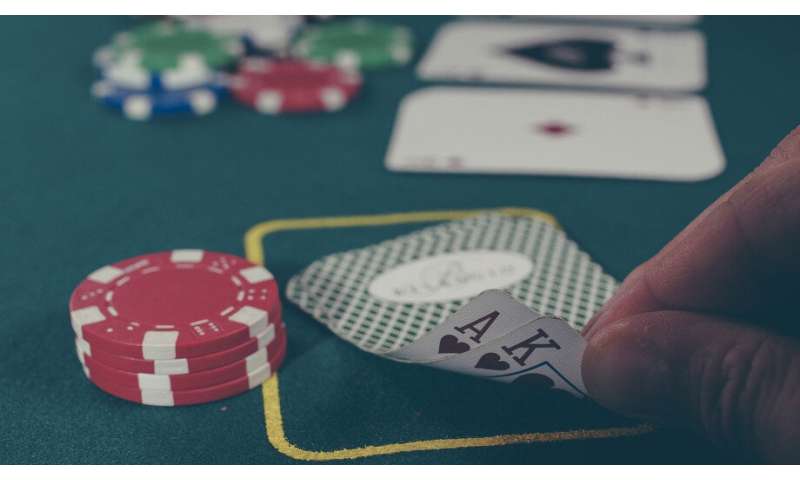
New research examining the full impact of gambling-related harm on loved ones has just been released by The Australian National University (ANU).
The 2019 ACT Gambling Survey found 17,000 adults in the ACT, or five percent of the adult population, had been personally affected by a loved one’s gambling.
Co-author Dr. Marisa Paterson says the toll on family members, friends and colleagues can include financial, emotional, mental and physical impacts.
“Gambling-related harm is not restricted to the gambler, and there are many deep and wide-ranging effects felt by those people close to gamblers,” Dr. Paterson said.
“For example relationship conflict, emotional distress and reduced performance at work or study are all common.”
The study found women affected by someone else’s gambling rarely seek formal help.
“We know women are disproportionately represented when it comes to experiencing the negative effects of a family members’ gambling,” co-author Dr. Megan Whitty said.
“There is still a lot of shame and fear around it. Counsellors told us partners often have a belief the gambling is their fault—or they’re contributing to it in some way.
“However, there is limited research into motivators or barriers for these women when it comes to seeking help.
“So it’s really vital that we take a long hard look at what is stopping women, and other people from seeking help, and what we can do to change that.”
In total, the researchers spoke to 45 people across NSW and the ACT in 2019, including gambling counsellors and people with lived experience of gambling-related harm.
“What we learnt from these interviews is things like emotional distress, financial distress and erosion of trust are interwoven with additional gambling-related harm,” Dr. Whitty said.
One respondent said it was “probably the most frightening situation I’d ever been in in my life, just financially and emotionally”.
Another said, “it was very unsettling and you felt that…there’s this monster living in the cupboard and at any moment it could just come out and grab you”.
Dr. Paterson says the current system could be improved to better empower loved-ones, particularly women.
Source: Read Full Article